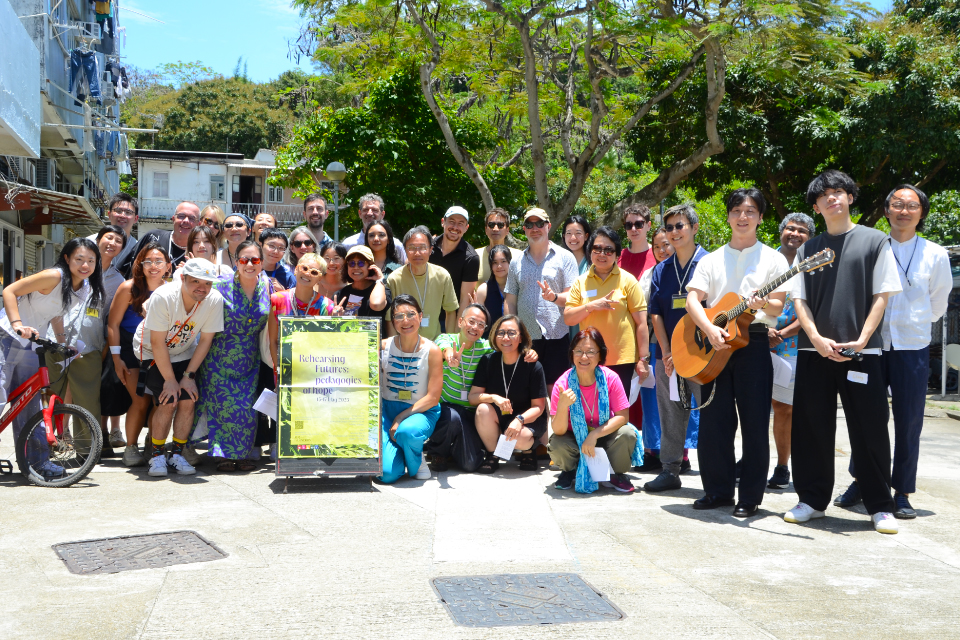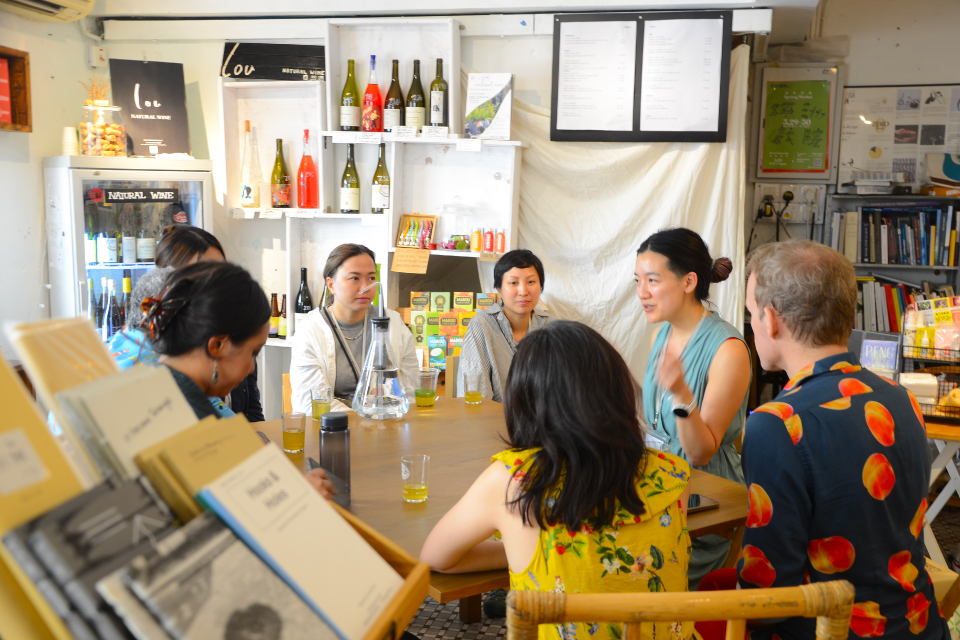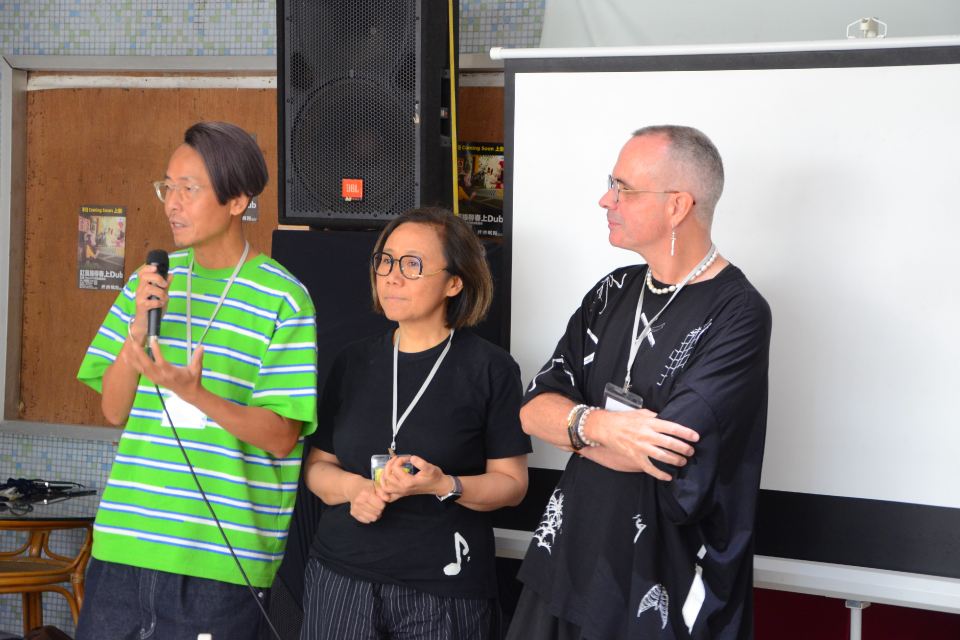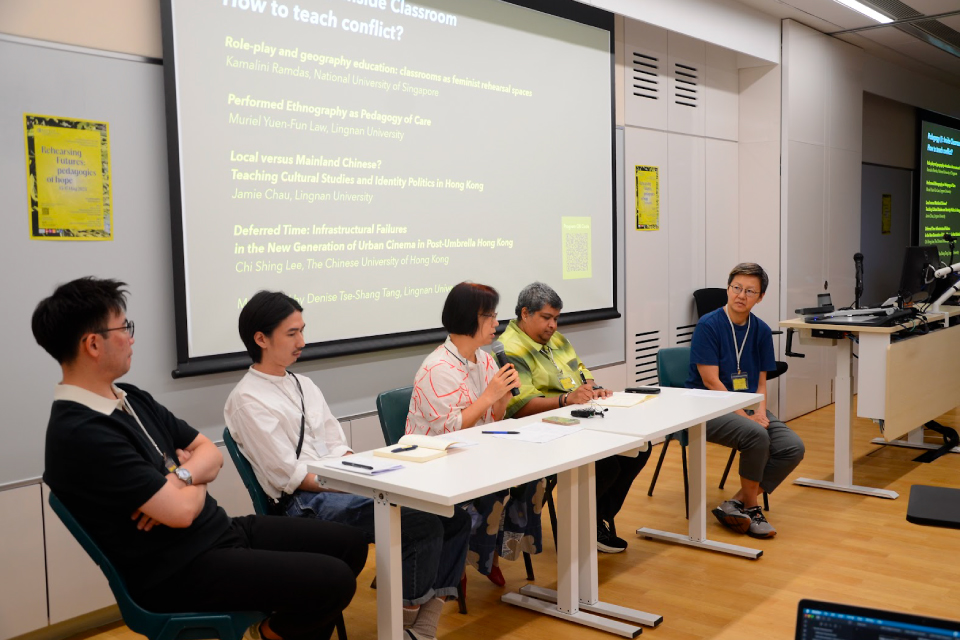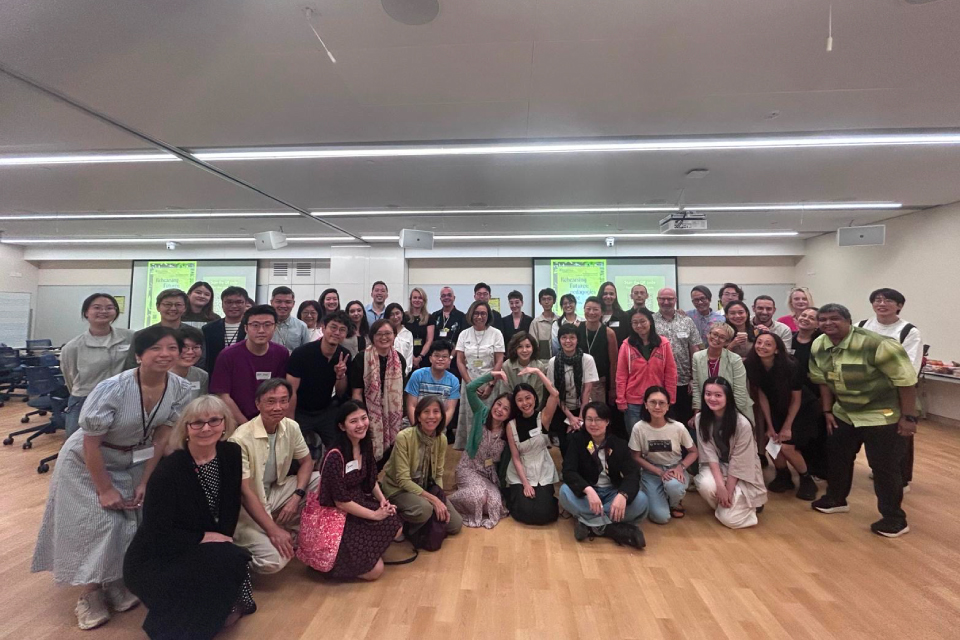Discover HKBU
HKBU hosts international conference to explore education for a hopeful future
30 May 2025
Our future is marred by effects of climate change, environmental degradation, inequality and political polarisation. In the face of these insurmountable challenges, how do we keep hope and engender change?
The “Rehearsing Futures – Pedagogies of Hope” international conference, hosted by the Academy of Language and Culture, Faculty of Arts and Social Sciences of HKBU from 15 to 17 May, brought together a diverse community of academics, community leaders and creative practitioners from all around the world to reimagine the role of liberal arts in addressing today’s global challenges.
“Rehearsing Futures focuses on the two senses of rehearsing: the practice – as in the methods and pedagogies; as well as the rehearsal – the repetition, preparation and implementation of such methods,” said Professor Daisy Tam, Associate Dean of the Faculty of Arts and Social Sciences and Associate Professor at the Academy of Language and Culture.
“The conference focuses on the ‘doing’, where critical thinking informs creative practice, and in-depth analysis of cultural phenomenon offers insight into current trends. As academics, we need to talk the talk and walk the walk,” she added.
This transcultural conference focused on the critical, creative and transformative methods of the liberal arts and demonstrated the power of critical inquiry and creative practice both within and beyond the classroom. Topics discussed included how to teach care and act collectively, and how to drive sustainable actions that are inclusive, equitable and future-oriented.
The conference was structured around three key ecologies: academic, environmental and community through keynote talks, experiential workshops, and site-specific collaborative experiments. The three-day event was held at the University campus and on the outlying island of Peng Chau, where the locality shifts the mode of learning. Participants were asked to step out of their comfort zones, and embrace different types of knowledge – from learning migration histories through Zongzi making to exploring the changing environment through locally sourced ingredients; from demonstrating tangible care through the act of mending old garments to developing active listening skills for conflict resolution – the workshops bridged community knowledge and site-specific practices into transformative ways of learning and caring. It served as a platform to forge new connections across sectors and disciplines, laying the groundwork for future collaborations.
